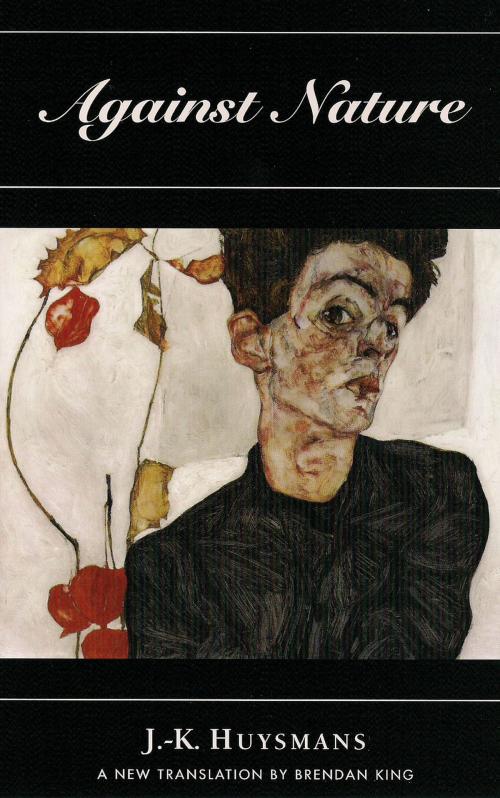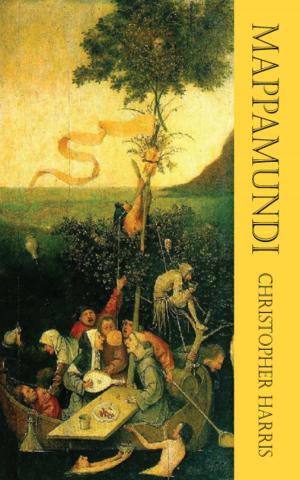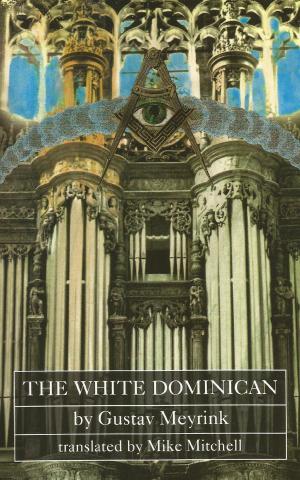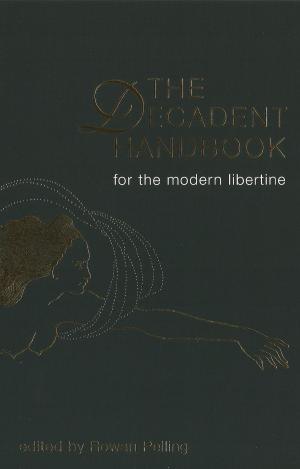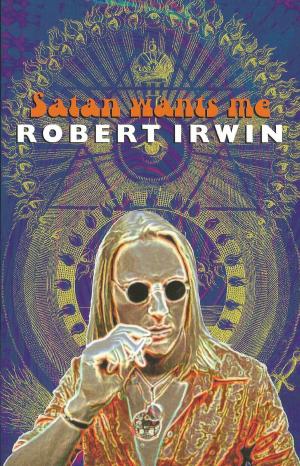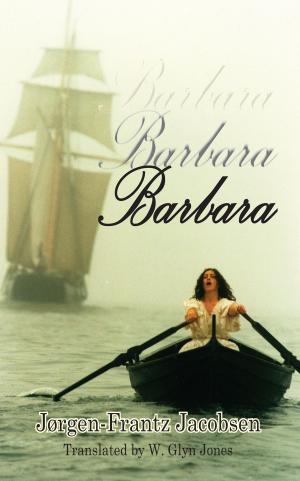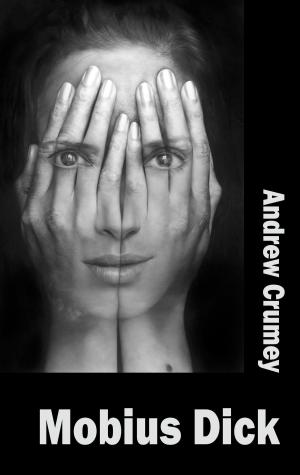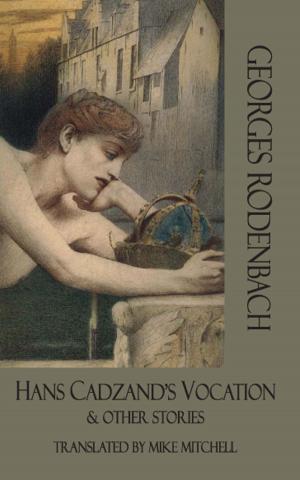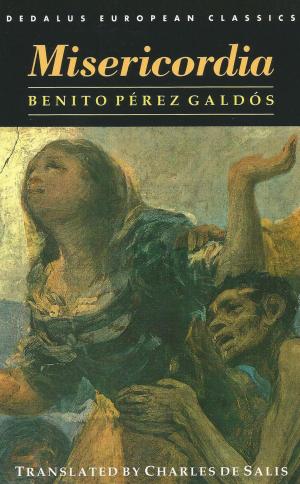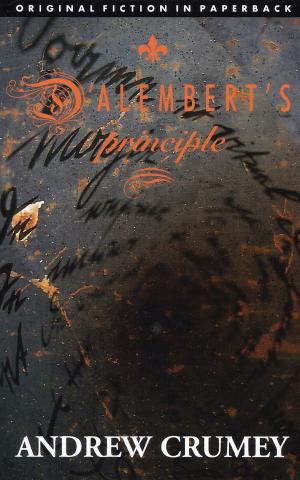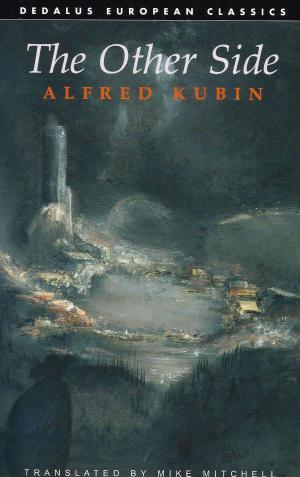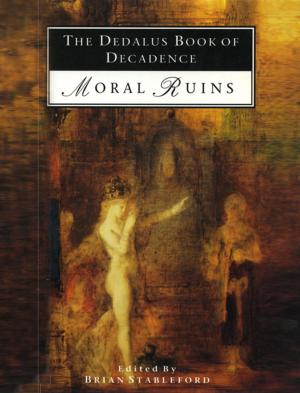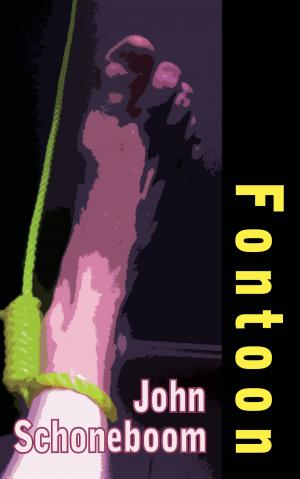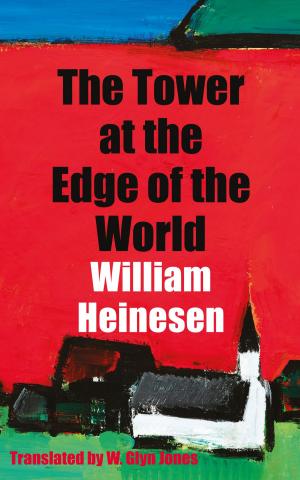| Author: | J.-K. Huysmans | ISBN: | 9781907650314 |
| Publisher: | Dedalus Ebooks | Publication: | January 5, 2010 |
| Imprint: | Dedalus Ebooks | Language: | English |
| Author: | J.-K. Huysmans |
| ISBN: | 9781907650314 |
| Publisher: | Dedalus Ebooks |
| Publication: | January 5, 2010 |
| Imprint: | Dedalus Ebooks |
| Language: | English |
Against Nature is Huysmans's great fin-de-siècle novel anticipating many of the strains of modernism in its appreciation of Baudelaire, Moreau, Redon, Mallarmé and Poe. 'It will be the biggest fiasco of the year - but I don't care a damn! It will be something nobody has ever done before, and I shall have said what I had to say.' As J -K Huysmans announced in 1884, Against Nature was fated to be a novel like no other. The hero, des Esseintes, is a neurasthenic aristocrat who has turned his back on the vulgarity of modern life and retreated to an isolated country villa. Here, accompanied only by a couple of silent servants, he pursues his obsessions with exotic flowers, rare gems, and complex perfumes and embarks on a series of increasingly strange aesthetic experiments, starting with the decision to give his giant pet tortoise a jewel-encrusted shell... "Huysmans' study of obsession and aesthetics got up no end of reviewers' noses on its 1884 publication. It�s not hard to see why: decadent aristocrat Jean Floressas des Esseintes, afflicted by nerves so grievous they cause his spine to freeze when he sees a servant wringing out washing, takes turns kicking out at classical poets, modern novelists and the church. The poor are grotesque, the rich are decaying and the bourgeoisie simply insufferable. Only Dickens, Baudelaire and the odd enema provide respite. Cloistered in an opulent house in the suburbs of Paris, Des Esseintes undertakes a series of experiments in living which prove to be an absolute hoot. He decorates an unfortunate tortoise with precious stones, tries to go to England, but only makes it as far as a nearby pub, and attempts to turn an urchin into a killer by buying him credit at a brothel. This largely plotless mix of bilious satire, broad comedy and literary criticism may have lost some of its immediacy, but it remains a captivating, contradictory work of art." James Smart in The Guardian
Against Nature is Huysmans's great fin-de-siècle novel anticipating many of the strains of modernism in its appreciation of Baudelaire, Moreau, Redon, Mallarmé and Poe. 'It will be the biggest fiasco of the year - but I don't care a damn! It will be something nobody has ever done before, and I shall have said what I had to say.' As J -K Huysmans announced in 1884, Against Nature was fated to be a novel like no other. The hero, des Esseintes, is a neurasthenic aristocrat who has turned his back on the vulgarity of modern life and retreated to an isolated country villa. Here, accompanied only by a couple of silent servants, he pursues his obsessions with exotic flowers, rare gems, and complex perfumes and embarks on a series of increasingly strange aesthetic experiments, starting with the decision to give his giant pet tortoise a jewel-encrusted shell... "Huysmans' study of obsession and aesthetics got up no end of reviewers' noses on its 1884 publication. It�s not hard to see why: decadent aristocrat Jean Floressas des Esseintes, afflicted by nerves so grievous they cause his spine to freeze when he sees a servant wringing out washing, takes turns kicking out at classical poets, modern novelists and the church. The poor are grotesque, the rich are decaying and the bourgeoisie simply insufferable. Only Dickens, Baudelaire and the odd enema provide respite. Cloistered in an opulent house in the suburbs of Paris, Des Esseintes undertakes a series of experiments in living which prove to be an absolute hoot. He decorates an unfortunate tortoise with precious stones, tries to go to England, but only makes it as far as a nearby pub, and attempts to turn an urchin into a killer by buying him credit at a brothel. This largely plotless mix of bilious satire, broad comedy and literary criticism may have lost some of its immediacy, but it remains a captivating, contradictory work of art." James Smart in The Guardian
